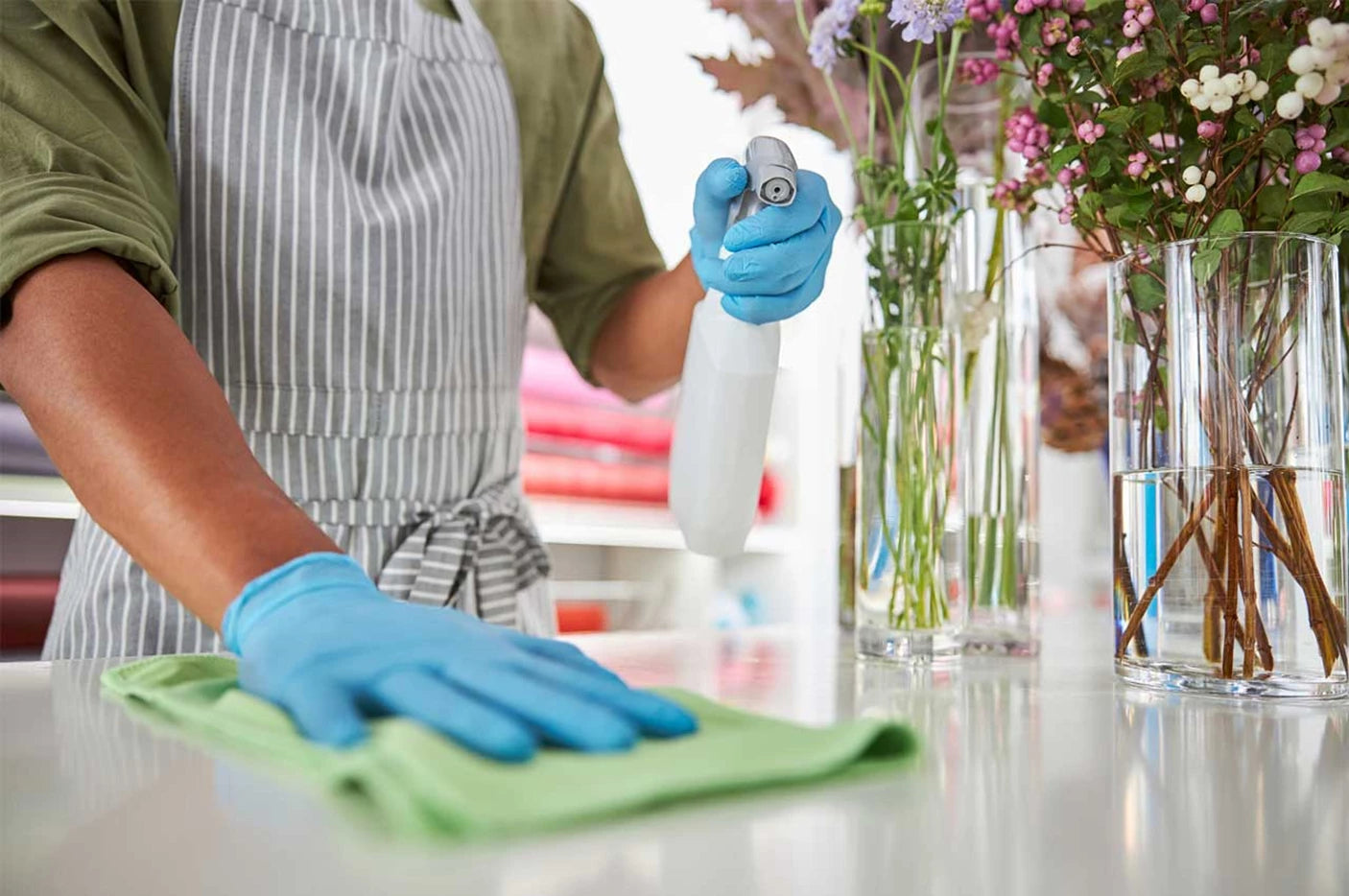In our pursuit of cleanliness and hygiene, we often turn to an array of cleaning products to keep our homes spotless and germ-free. However, while these products may effectively rid our surroundings of dirt and bacteria, emerging research suggests a potential downside to their use, particularly concerning our gut health.
While we often associate cleaning products with cleanliness and hygiene, many conventional cleaners contain a cocktail of chemicals that can have unintended consequences for our health. One group of chemicals of particular concern is known as antimicrobial agents, such as triclosan and quaternary ammonium compounds (quats), commonly found in disinfectants, hand soaps, and other household cleaners.
Studies have shown that exposure to antimicrobial agents can disrupt the balance of the gut microbiome. These chemicals not only kill harmful bacteria but also indiscriminately target beneficial microbes in the gut. Furthermore, some antimicrobial agents have been linked to antibiotic resistance, further complicating matters and posing a potential threat to public health.
In addition to antimicrobial agents, many cleaning products contain fragrances, surfactants, and other additives that can also have adverse effects on gut health. For example, certain fragrance chemicals may disrupt the gut microbiome and trigger inflammation, while surfactants can compromise the integrity of the intestinal lining, leading to increased permeability (leaky gut).
Cleaning products play a crucial role in maintaining a clean and healthy home and it's essential to be mindful of their potential impact on gut health. By opting for safer alternatives and taking proactive steps to support a balanced microbiome, you can protect your health while keeping your living space clean and germ-free. By prioritizing both cleanliness and gut health, you can achieve a harmonious balance that promotes overall well-being.





